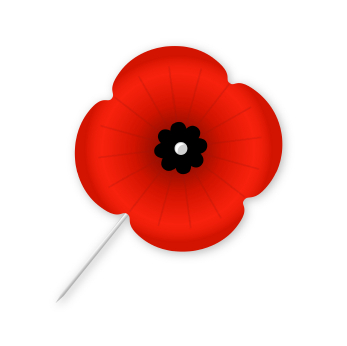Some of the most well-loved flowers of the British countryside are disappearing from arable fields, conservationists warned today. Cornflowers, corn marigolds, pheasant's eye and, in some areas, poppies are becoming increasingly threatened species in the face of more intensive agriculture, plant charity Plantlife said. Cath Shellswell, of Plantlife, said many arable plant species are struggling, with corn buttercups and cornflowers now incredibly rare, while in Wales poppies are now considered rare in some areas. 'We're more efficient at cleaning seed to take out all the seeds you wouldn't want to plant. And we tend to use more herbicides, which are there to target problem species, lots of weeds we don't want to encourage, but it also affects these flowers as well.' Many of the arable wildflowers are important for wildlife, with hoverflies relying heavily on daisy species and plants such as poppies providing an important source of pollen for bees. Arable plants also provide seed food for birds such as skylark and yellowhammer and some, such as the poppy, are culturally important.
Read more: http://www.dailymail.co.uk/news/article-2181941/Could-Britains-best-lov…
In Flanders fields (poem by John McCrae, 1872-1918)
In Flanders fields the poppies blow
Between the crosses, row on row
That mark our place; and in the sky
The larks, still bravely singing, fly
Scarce heard amid the guns below.
We are the dead.
Short days ago
We lived, felt dawn, saw sunset glow
Loved, and were loved, and now we lie
In Flanders fields.
Take up our quarrel with the foe:
To you from failing hands we throw
The torch; be yours to hold it high.
If ye break faith with us who die
We shall not sleep, though poppies grow
In Flanders fields.
Source: Wikipedia
http://nl.wikipedia.org/wiki/In_Flanders_Fields

- Log in to post comments
